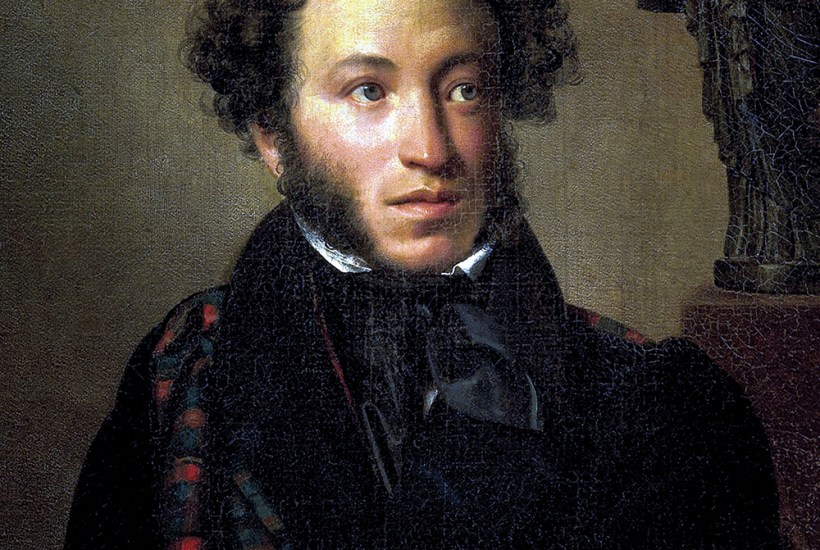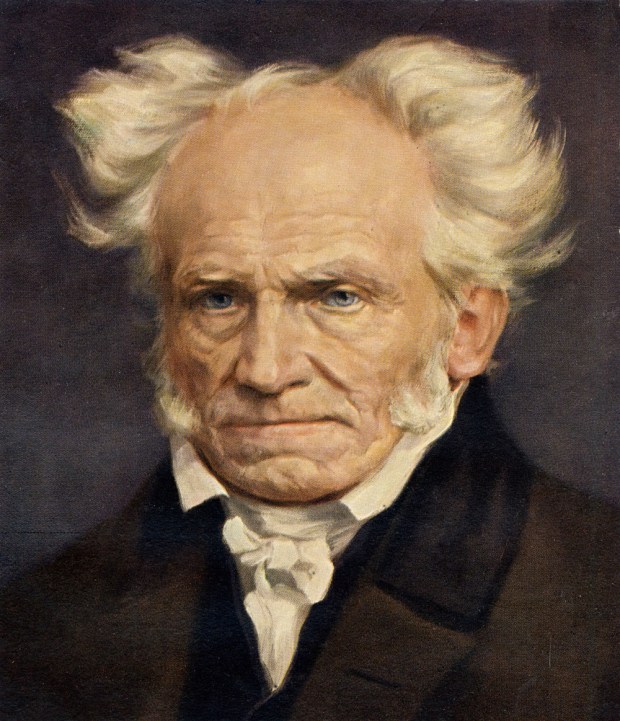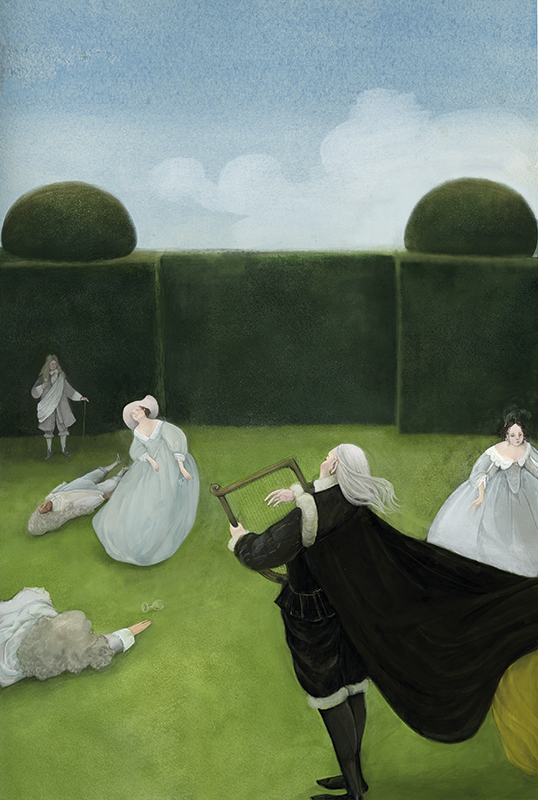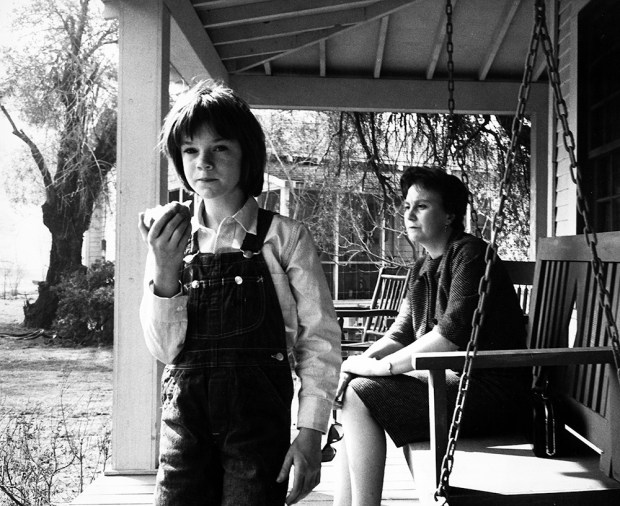Alexander Pushkin was brought to ruin by his letters more than once. When the Russian postal police intercepted a letter suggesting that atheism was ‘the most plausible’ philosophy, he was exiled to his mother’s bleak estate in the rural north-west. But his own temper was far more dangerous. In the autumn of 1836, he received a series of anonymous letters taunting him about his coquettish wife’s affair with George-Charles d’Anthès-Heeckeren, a French officer and the adopted son of the Dutch ambassador. Pushkin, imagining the ambassador himself had written them, fired off a furious letter of accusation. He and d’Anthès-Heeckeren duelled the next day, and Pushkin was fatally shot. Aged just 37, the most famous poet in Russia had thrown his life away on a few scribbled taunts.
‘The devil take Onegin!
It is myself I want to publish, or release into the world’
Eugene Onegin, Boris Godunov, ‘The Bronze Horseman’, ‘The Queen of Spades’: Pushkin is heralded everywhere as Russia’s greatest poet, but less known outside Russia is that he is also its greatest letter-writer. Exquisitely written and vividly colourful, they read like a Russian novel when collected together: the moody St Petersburg student, the wandering exile in the south, the pining young lover, the radical poet, the husband finally driven mad by jealousy. Professor J. Thomas Shaw, whose 880-page edition of the letters has been reissued by Alma Classics after decades out of print, points out that although Pushkin gives us an encyclopaedic view of 19th-century Russia, he is no mere observer: he is ‘a direct participant in the wars of the flesh and the spirit’, and you couldn’t ask for a more engaging protagonist.
A well-educated scion of the Russian nobility, Pushkin found fame at just 21 with the publication of his epic fairy tale Ruslan and Ludmila. But this Wunderkind of the literary scene soon turned out to be its enfant terrible, moving in dissolute and reformist circles and writing politically reactionary poems. The Petersburg authorities promptly exiled him to southern Russia, just as he hit the big time. While his friends rebelled against the autocratic regime in the ill-fated Decembrist Uprising of 1825, armed with Pushkin’s poems, the poet himself lived ‘a wanderer’s life’ in the cosmopolitan south, fusing the Russian spirit with the European Romanticism he discovered there. It is gripping to trace his literary influences and see his masterpieces taking shape in these years, but Pushkin is more interested in freedom than publication: ‘The devil take Onegin! It’s myself I want to publish, or release into the world.’
After Pushkin’s six years of exile, Tsar Nicholas I welcomed his star poet back into society, making himself Pushkin’s personal censor and giving him a job in the historical archives (‘so that I may hole up there and do nothing’). But his relationship with authority was rocky: he refused to ‘play the clown, even for the Tsar of Heaven’. When he found out that the postal police had read an intimate letter to his wife, he temporarily resigned from the Tsar’s service in indignation. ‘I write to you, not for the press,’ he lamented; ‘the thought that anyone is eavesdropping on you and me à la lettre is driving me mad.’ He knew that they were, however, so he included several jabs at the ‘swinish’ police, intended directly for them.
Even now, reading his letters to friends and lovers can feel a little like eavesdropping. They are intimate, earthy, uninhibited: he complains about money and indigestion, begs his wife not to flirt with other men, cries ‘what a Pushkin, what a son of a bitch!’ when he finishes Boris Godunov, and signs off ‘Farewell, children! I’m drunk’. The collection is organised chronologically, gathering letters by period (‘Precocious Poet’, ‘Exile Under Double Surveillance’, ‘Sole Defender of Honour’), and this leads to some comic juxtapositions. There are official missives, ‘in three-cornered hat and shoes’, and instructions to his editors of considerable literary interest, but on the same page you’ll find a bawdy letter to an old friend. It’s a shame that we cannot see the letters to which he is responding, but that is inevitable in collections like these.
If the epistolary editor has to make sacrifices, so, of course, does the translator. There are Russian idioms which Shaw admits defeated him, and punctuation marks which have no equivalent. But then Pushkin’s own scheme of language is complex: he usually writes in Russian, a language ‘still in the stage of infancy’, but many letters are in French, the language of love and statecraft, and he also has an idiolect entirely his own, where words like ‘nonsense’ and ‘ravings’ take on special Pushkin-meanings. Navigating this deeply personal style, Shaw conjures up before us a flawed, hot-blooded and exuberant artist whose novel-worthy dramas become our own; whose favourite sign-off, ‘I kiss you’, sometimes feels possible through the page.
Got something to add? Join the discussion and comment below.
You might disagree with half of it, but you’ll enjoy reading all of it. Try your first month for free, then just $2 a week for the remainder of your first year.













